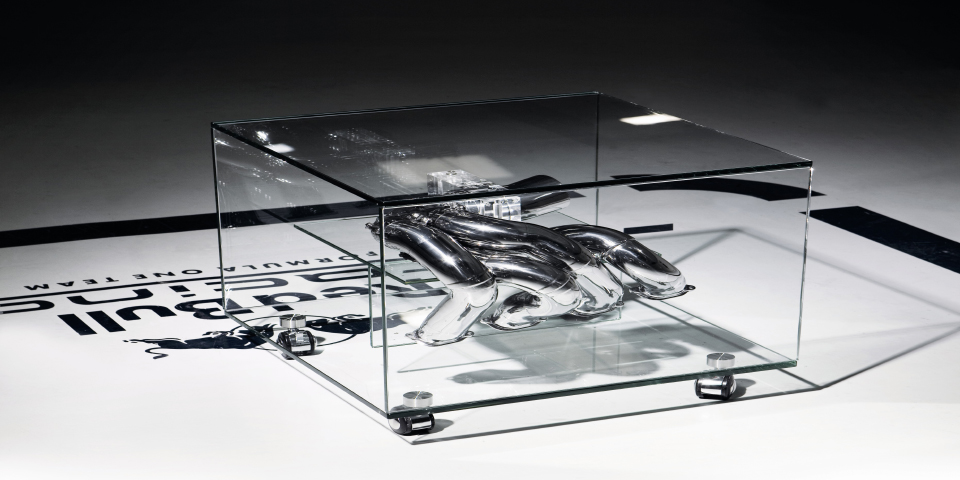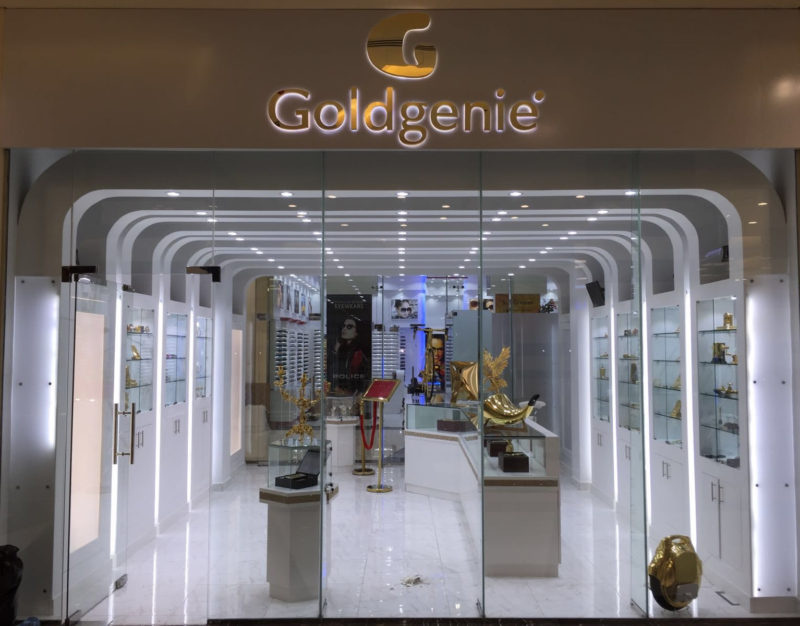Gold “Capped” by Surging Bond Yields
From Adrian Ash
But “Not Long-Term Negative” as Emerging Markets Also Flirt with Sub-Zero Real Rates
THE PRICE OF GOLD bar prices moved sideways vs. the Dollar but recovered against a falling Euro in London trade on Thursday morning, doubling a 0.5% rise in Eurozone stock markets.
“We believe a short-term top is now in place off $1430,” says technical analysis from market-maker Scotia Mocatta, pointing to “key support” at $1353.
The gold price in Sterling meantime gained 1.1% from Wednesday’s near two-week low of £870 – a new all-time record when first reached this time last month.
Major-economy government bonds rallied from their worst two-day sell-off in more than two years, easing 10-year US, German, Japanese and UK yields back down from six- and 7-month highs.
Crude oil bounced above $88.70 per barrel. Copper futures touched new all-time highs in London trade.
Silver bullion also rallied, regaining 64 cents of Tuesday and Wednesday’s $2.67 drop – a near-9% plunge from this week’s fresh three-decade highs above $30 per ounce.
“Of increasing significance,” says the latest commodities analysis from French bank (and London bullion dealer) Natixis, “the sharp rise in [bond] yields to six-month highs does appear to be slowing gold’s recent ascent.”
Even so, and because forward prices for future delivery of gold bullion must include interest-rate costs, this week’s sharp rise in 10-year US Treasury yields “leav[es] the 10-year forward gold price higher by $30 per ounce, despite the fall in spot gold prices,” Natixis notes.
“A rise in real interest rates [after inflation] is bearish for gold and seems to be capping upside at the moment,” agrees Walter de Wet at Standard Bank.
“However, despite the latest rise in US real interest rates, the fact that the level of real rates remains low, still makes gold investment attractive.
“We believe real interest rates will have to rise much higher before any long-term negative impact will be seen on gold investment.”
Outside the US and UK – where today’s “no change” decision from the Bank of England left interest rates near 33-year lows beneath inflation – emerging economies are also flirting with sub-zero real rates of interest, Japanese investment bank Nomura’s London office notes.
Calling it “postmodern monetary policy” – aimed at deterring inflows of US and other Western capital suffering sub-zero real rates at home – “We see [Emerging Europe and the Middle East] central banks erring on the side of loose policy,” says Nomura, “even at the expense of higher inflation.”
It notes Turkey’s recent cut to bank lending rates, Israel’s 1% discount on forward rates to the official target, and the South African Reserve Bank “maintaining an easing bias, despite real rates approaching negative territory.”
China’s central bank – which earlier this week announced a “shift to prudent monetary policy in 2011” – today tried to reassure stock-market investors that a widely-expected hike in Chinese interest rates would only dent equities for “one or two days’.
State Council economist Ba Shusong said Tuesday that Chinese consumer-price inflation is likely to hold between 4-5% next year. Cash-saver deposit rates are currently just 2.25%.
Geopolitically, “With the debt crisis in Europe still in the picture and tensions in the Korean peninsula still brewing, gold couldtry new highs after the recent long liquidation,” says Marwan Shakarchi at MKS Finance in Geneva.
“[But] we still expect the market to remain in choppy conditionswhile lacking major drivers.”
Ireland’s government debt was today downgraded again by the Fitch credit ratings agency. UK finance minister George Osborne, seeking parliamentary approval of a €3.9 billion loan to Dublin, said the aid will be reviewed every 6 months.
“Anecdotal evidence and various news reports suggests that the buying last week was concentrated on Portuguese government bonds,” says data provider Markit, commenting on the European Central Bank’s ongoing bond-buying support program.
“This isn’t surprising given that Portugal is widely perceived as the most vulnerable to further contagion,” it concludes, but also means that “the ECB has either abandoned Ireland at this point, or if it hasn’t, its efforts are having increasingly little effect,” says the FT‘s Alpha blog.
Adrian Ash
Gold price chart, no delay | Buy gold online at live prices
Formerly City correspondent for The Daily Reckoning in London and head of editorial at the UK’s leading financial advisory for private investors, Adrian Ash is the editor of Gold News and head of research at BullionVault – winner of the Queen’s Award for Enterprise Innovation, 2009 and now backed by the mining-sector’s World Gold Council research body – where you can buy gold today vaulted in Zurich on $3 spreads and 0.8% dealing fees.
(c) BullionVault 2010
Please Note: This article is to inform your thinking, not lead it. Only you can decide the best place for your money, and any decision you make will put your money at risk. Information or data included here may have already been overtaken by events – and must be verified elsewhere – should you choose to act on it.













